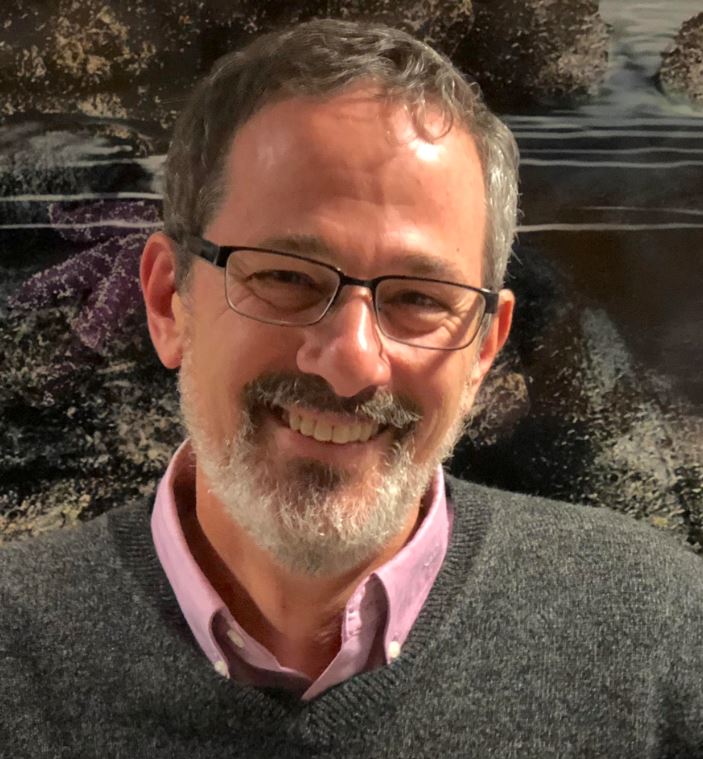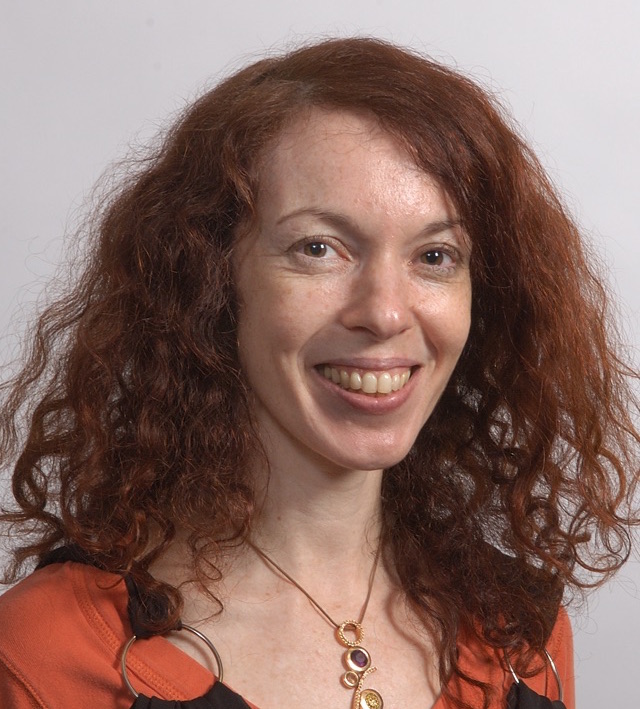
You might have noticed that I have not written a Director’s Channel since September. Part of the reason is that I found it difficult to compose an optimistic message in the face of all the awful tragedies that were piling up daily. However, the new year and recent events including the development of vaccines against COVID-19 have given me new hope for the future. I can now foresee a time when the danger of the virus will be minimal, when the nation is guided again by science, not blind allegiance to a deranged sociopath, when we can return to meeting in person rather than over Zoom.
That said, we are really fortunate to live in an age when it is possible to communicate face-to-face with people all over the world. We will be continuing with on-line seminars, at least until the end of spring semester. We have a great line up of speakers for the Neuroscience Distinguished Lecture series.
I wish you, your families, and all of the special people in your life, a happy, healthy, and productive new year.












